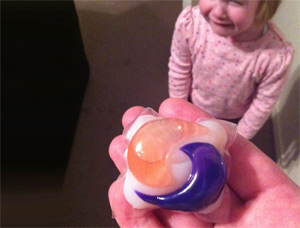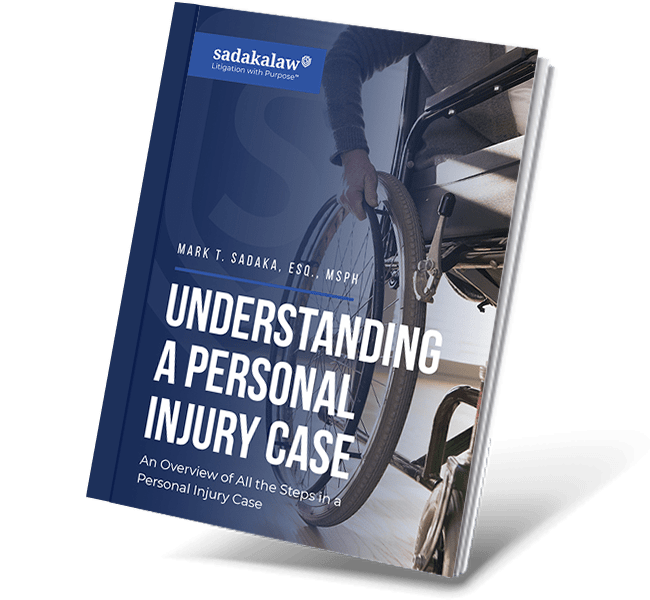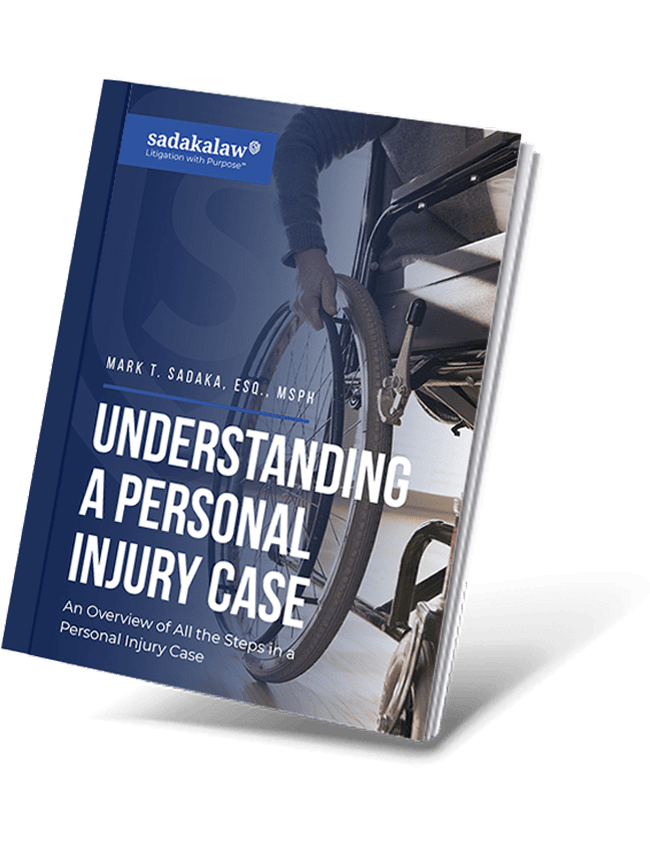 Anyone that has had or currently has an infant or toddler around their home knows just how important it is to baby proof everything. Little fingers and toes love to explore every fascinating thing they greet along the way. But, unfortunately danger looms around every corner, and it is important that we as parents, grandparents, aunts, uncles and friends be careful to keep an ever watchful eye on our little explorers. As the majority of time, the little munchkins will first explore with one of their five senses, their sense of taste, and immediately the object will find its way into the child’s mouth . . . potentially causing poisoning, choking hazards, etc.
Anyone that has had or currently has an infant or toddler around their home knows just how important it is to baby proof everything. Little fingers and toes love to explore every fascinating thing they greet along the way. But, unfortunately danger looms around every corner, and it is important that we as parents, grandparents, aunts, uncles and friends be careful to keep an ever watchful eye on our little explorers. As the majority of time, the little munchkins will first explore with one of their five senses, their sense of taste, and immediately the object will find its way into the child’s mouth . . . potentially causing poisoning, choking hazards, etc.
In recent news reports when single-dose laundry detergents entered the market earlier this year, they were hailed for their efficiency. Not only do they use less water and less packaging than traditional detergents but they also are more convenient for consumers, who can drop a soap capsule into the washer — no measuring or pouring needed.
But products such as Tide Pods, All Mighty Pacs and Purex UltraPacks now are being blamed for hundreds of calls to poison-control centers, which report that children are mistaking the small, brightly colored capsules for candy. As they have become more common, the risk of kids eating detergent packs has become a problem for many households.
In California alone, 307 accidental ingestions of single-dose laundry detergents were reported between March 7 and Sept. 5. That number included 13 admissions to a hospital, six of which were to critical care units, according to Dr. Richard Geller, medical director for the California Poison Control System.
“Overwhelmingly, these occurred in children less than 5 years of age,” Geller said. “While pediatric exposure to powdered laundry detergent is not new, the degree of illness associated with these new products appears unique.”
About 1,400 accidental ingestions of laundry pods were reported to poison control centers nationwide. Nausea, vomiting and respiratory difficulty are among the health effects of ingesting concentrated laundry detergent, Geller said.
The 307 cases in California so far this year represent a tiny fraction of the 240,000 cases called into the state’s Poison Control Center annually. Still, it points to “a longstanding problem of nonfood consumer products that are packaged and marketed way too similarly to food products,” Geller said. “We see kids getting into motor oil thinking that it’s honey. We see them getting into cleaning products thinking it’s apple juice.”
Geller recommends that parents store single-dose laundry detergents at a height that children can’t reach or behind a locked door.
“We’re very concerned whenever these situations occur. For the manufacturers, safe and proper use of these products is a priority,” said Brian Sansoni, spokesman for the American Cleaning Institute, a Washington, D.C., trade association.
Sansoni said the industry is responding to the accidental ingestions by creating educational materials that teach safe and proper laundry detergent use. Manufacturers are also examining the incident reports from poison control centers nationwide to better understand situations that have required medical attention, Sansoni said.
“The most important thing is the safety message,” Sansoni said. “Safe storage is key to prevention of injury when using these products in the home.”
Concerned doctors in the U.K. are now even calling for improved safety warnings and childproof packaging of liquid laundry and dishwasher detergent capsules after seeing a rise in the number of young children needing hospital care after swallowing or being exposed to them.
In a recent letter published online in the Archives of Disease in Childhood, U.K. the authors say that the detergent capsules contain strong alkaline cleaning agents that can destroy tissue and cause inflammation and swelling if swallowed. The small packets can also quickly block throats and airways causing choking, and if the tissues of the esophagus erode from exposure to the chemicals, it can be fatal.
Treatment can not only be drastic, but it also requires the use of intensive-care resources and may have a “catastrophic impact on the child and family,” the authors write. “We feel that the increasing trend in liquid detergent capsule ingestion poses a significant public health issue,” they write.
For more information about dangerous household chemicals and toxic substance lawyers, visit the website of Sadaka Associates at www.sadakafirm.com.


